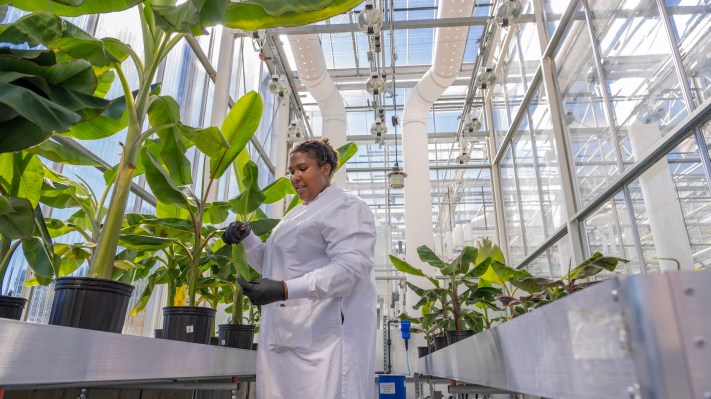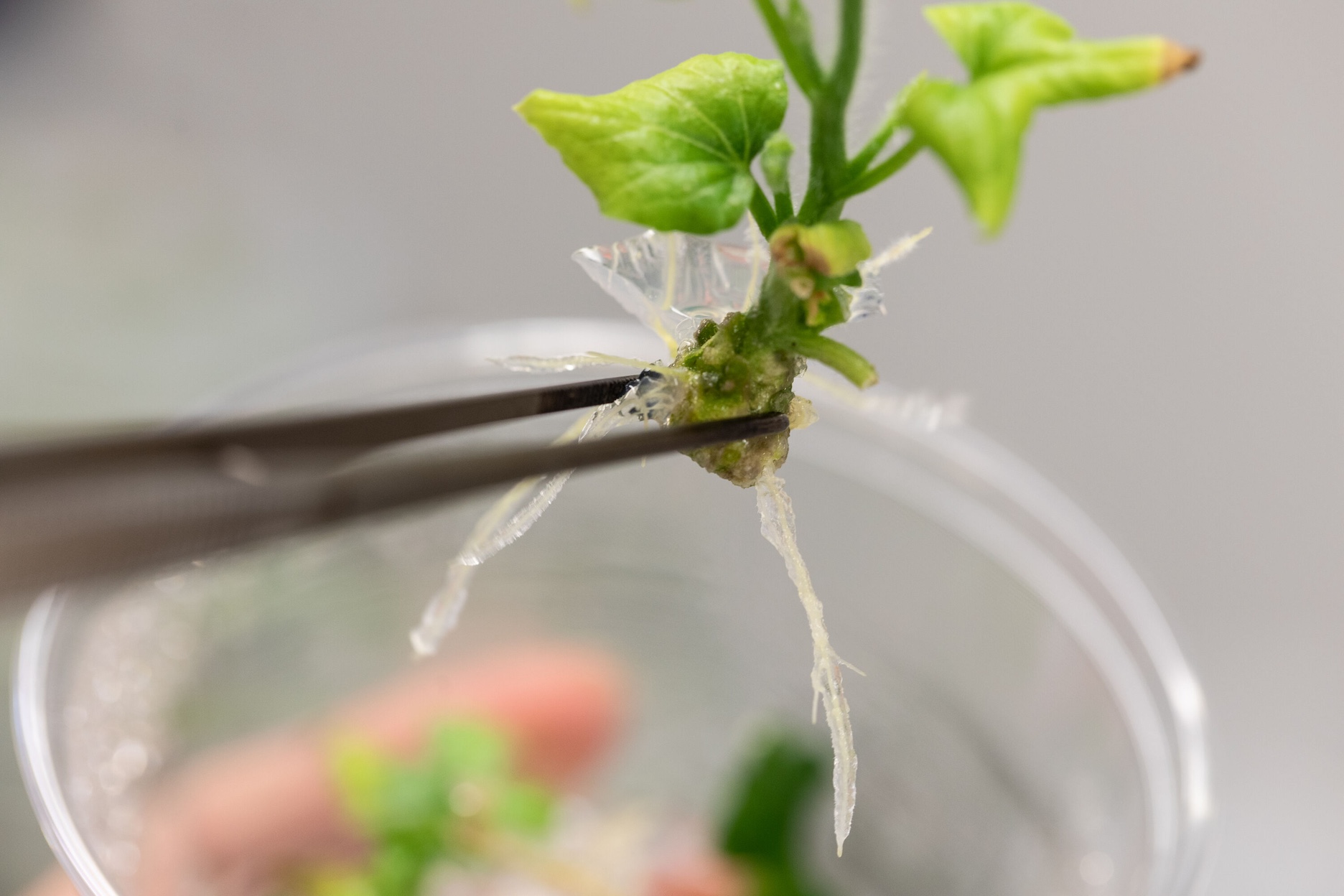
A year after securing $24.5 million in Series A capital, ingredient company Elo Life Systems is back with a $20.5 million Series A extension from existing investors.
This time, DCVC Bio and Novo Holdings jointly led the funding and were joined by Hanwha Next Generation Opportunity Fund, AccelR8 and Alexandria Venture Investments. This new cash infusion gives Elo Life $45 million in venture-backed capital to date.
Elo Life CEO Todd Rands said the company planned for another round of funding late last year or early 2024, and the extension, or Series A2 round, could grow. He declined to comment on company valuation other than to say “it was not a down round.”
“We’ve generated value and critical momentum over the past two years in building a seasoned management team, expanding our technical, manufacturing and commercial capabilities and achieving product milestones,” Rands told TechCrunch via email.
North Carolina-based Elo Life was founded in 2021 and is focused on a number of technologies from developing plant-based sweeteners to crop protection. Its first product, launching in 2026, will be a natural, monk fruit-derived sweetener that Elo Life touts is 300 times sweeter than sugar without the calories. It also has a partnership with Dole to create a fungal-resistant Cavendish banana.
Other developments in the works include the production of other ingredients like proteins, natural preservatives, flavors and bioactive compounds.
Leveraging new technologies, like molecular farming, gene-editing and precision fermentation, Elo Life and others are “unlocking whole new categories of ingredients, and completely reinventing our food supply chain,” Rands said. That said, this transformation in food ingredients wasn’t without some challenges.
“We’ve seen well-documented headwinds for ag/food tech companies this year,” he said. “However, hype was met by cold reality. Investors weren’t finding the returns they expected in many categories and pulled back from over-valued companies where additional investments weren’t justified. Also, inflation created even more pressure on food prices, which impacts consumers’ willingness to adopt new technologies that add cost.”
Rands went on to explain that all of that was “a wakeup call for all of us.” Elo Life works to reduce monk fruit’s cost and carbon footprint through local production via molecular farming. Simply put, it uses plants as “biofactories” to produce the monk fruit sweetener in other easier-to grow-crops, like watermelons and sugar beets.

Elo Life Systems’ plant. (Image credit: Elo Life Systems)
Meanwhile, Rands expects to deploy the new funding over the next two years as Elo Life builds its supply chain in preparation for its first sweetener products.
It will also work on technology development that includes a partnership with a large non-governmental organization to make staple nutrition crops, like cassava and cowpea, more productive and resistant to the effects of climate change in third-world countries.
Where Elo Life’s first three years were spent on R&D to create and optimize the sweetener, these next two years will be spent on talking to growers and processors for supply, ingredient companies for commercialization and regulators to secure approvals, Rands said.
“It’s time for Elo to turn outwards and build scale,” he said. “We’ve been adding new people to the team almost every month to increase Elo’s capabilities and expand our capacity. Increased momentum — the product of mass and velocity — is being achieved on all fronts. It’s hard to believe how far we’ve come in such a short time.”

